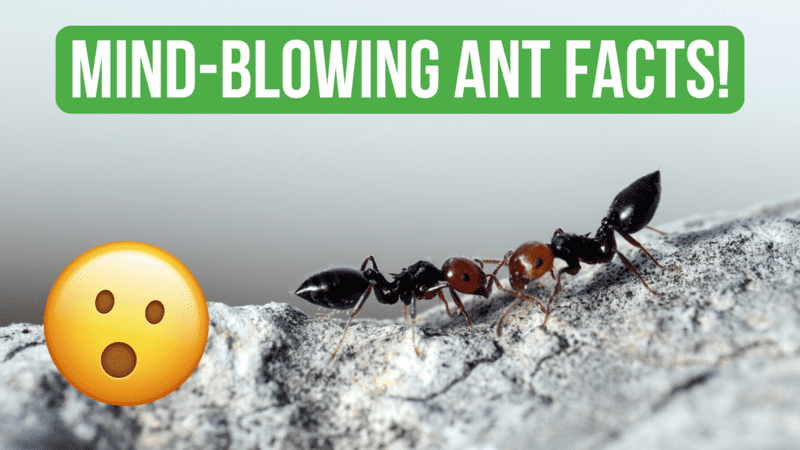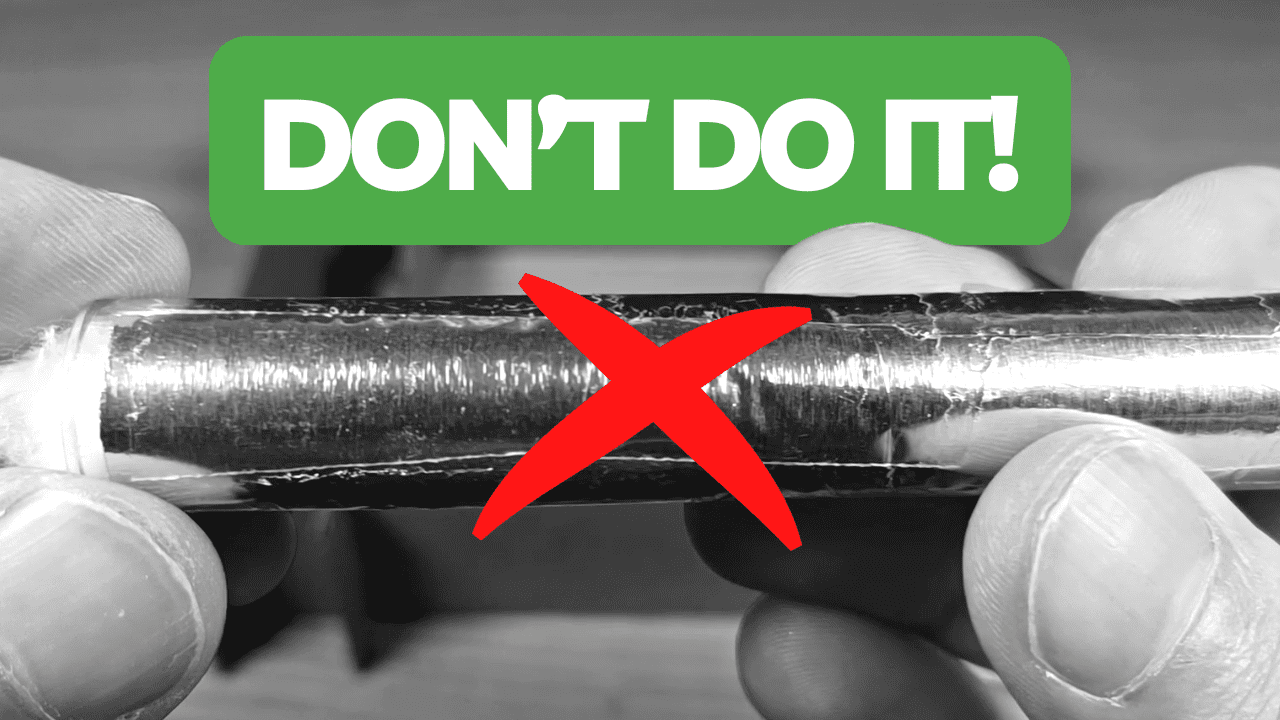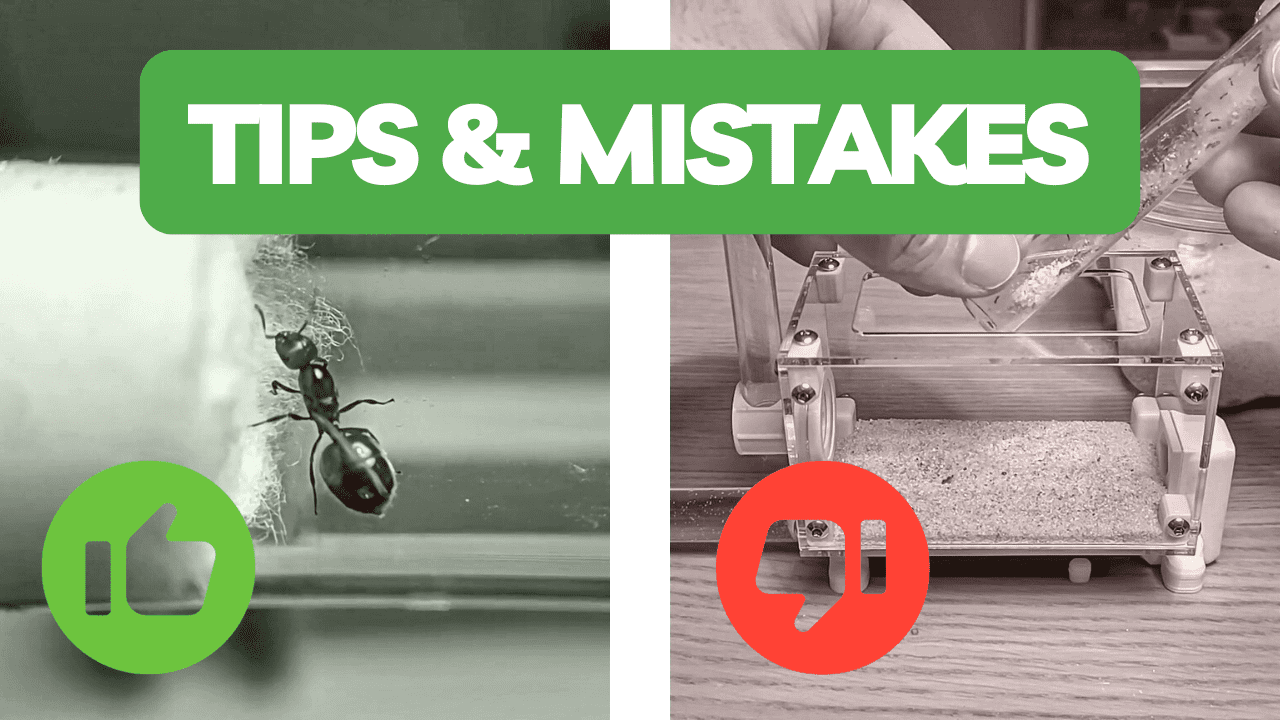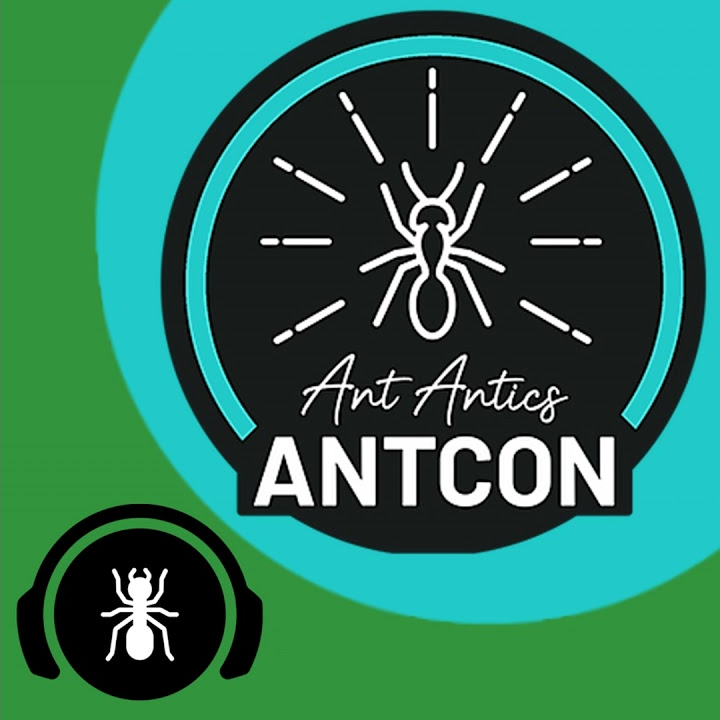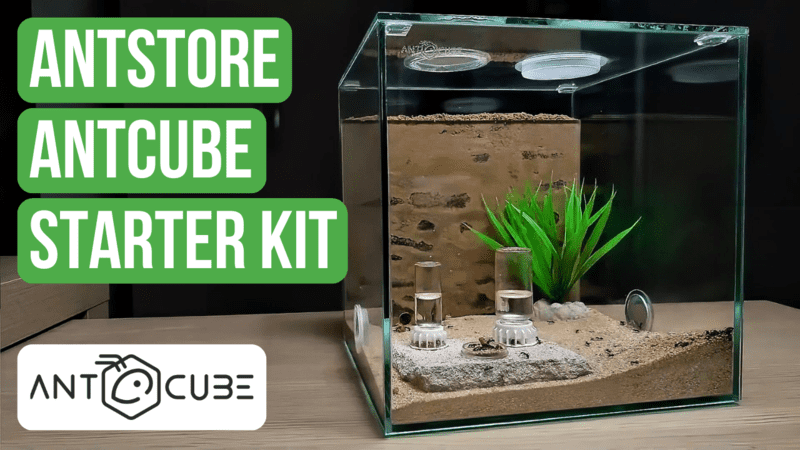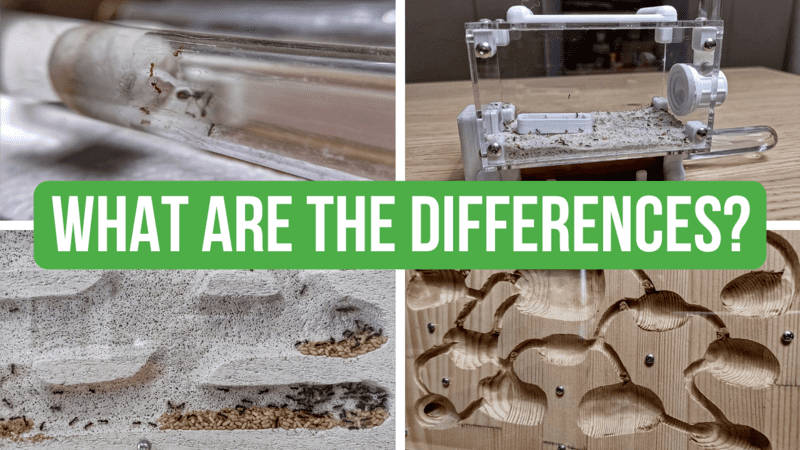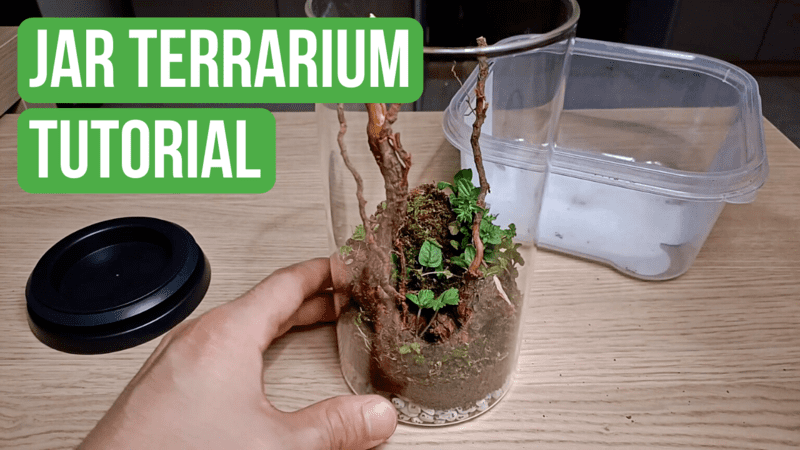Welcome To BRUMA Ants!
The best place for all your ant-related content!Our Latest Articles
What You're Searching For
With The Care They Need
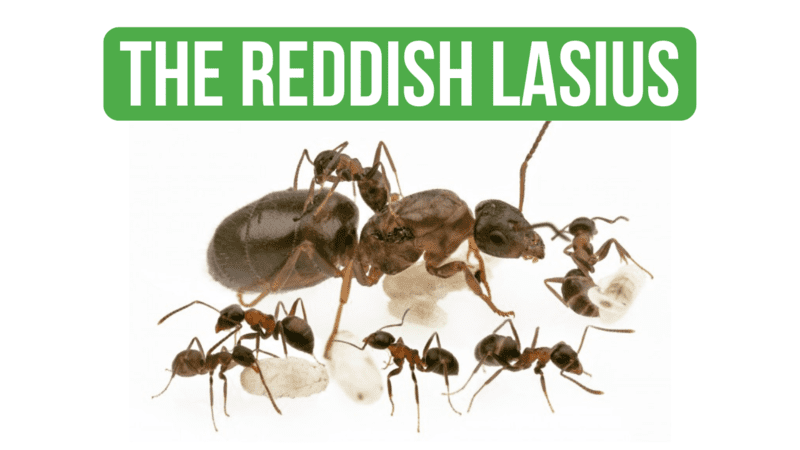
How To Care for Lasius Emarginatus
In this guide you will learn how to care for Lasius emarginatus! Temperature, humidity, food, hibernation, nest type... and much more!
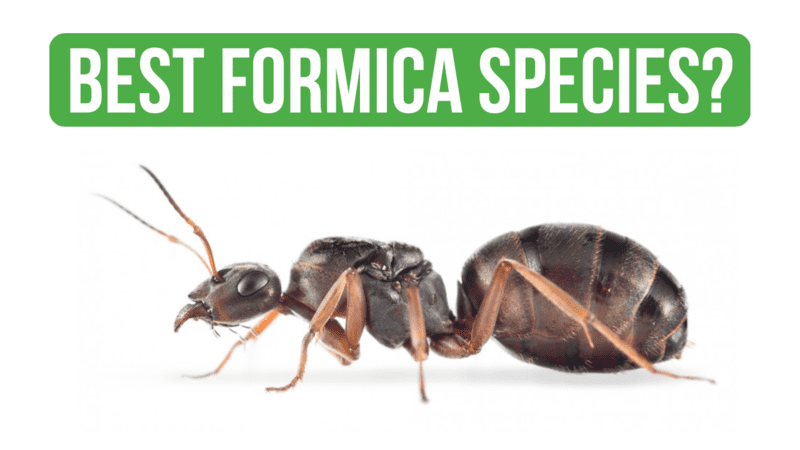
How To Care for Formica Cinerea
In this guide you will learn how to care for Formica cinerea! Temperature, humidity, food, hibernation, nest type... and much more!
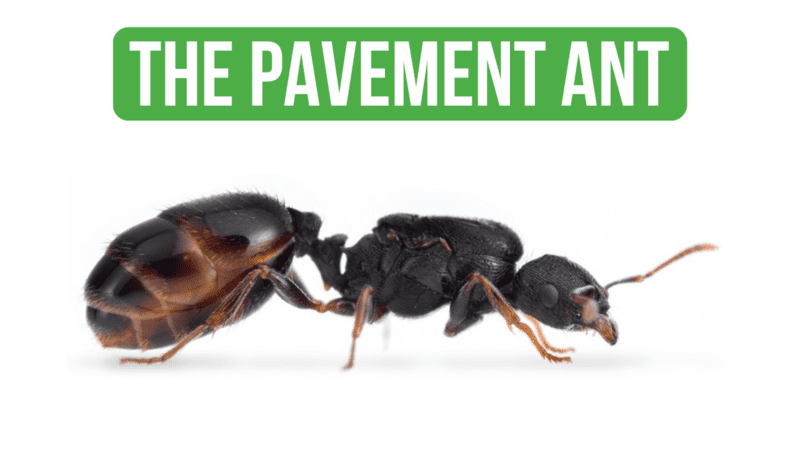
How To Care for Tetramorium Caespitum
In this guide you will learn how to care for Tetramorium caespitum! Temperature, humidity, food, hibernation, nest type... and much more!
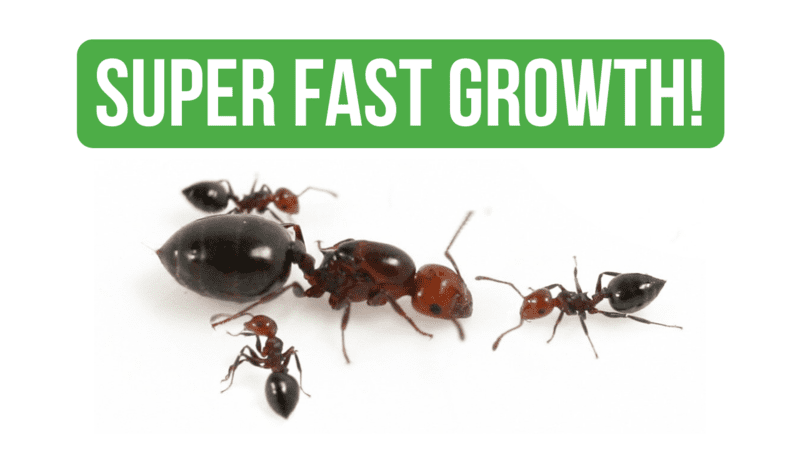
How To Care for Crematogaster Scutellaris
In this guide you will learn how to care for Crematogaster scutellaris! Temperature, humidity, food, hibernation, nest type... and much more!
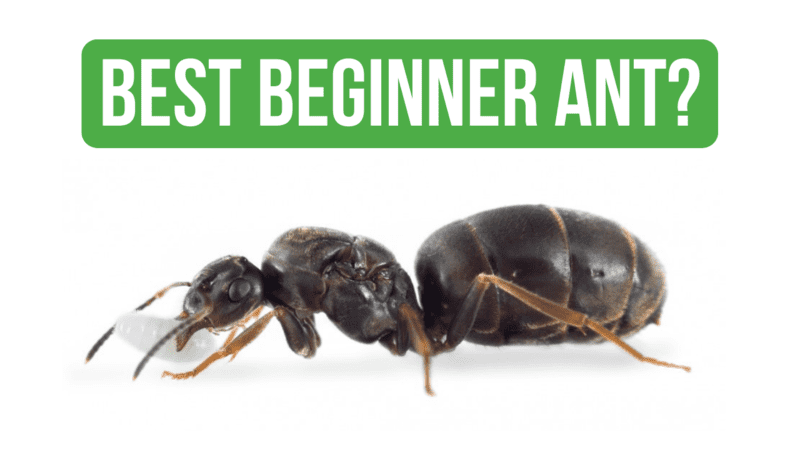
How To Care for Lasius Niger
In this guide you will learn how to care for Lasius niger! Temperature, humidity, food, hibernation, nest type... and much more!
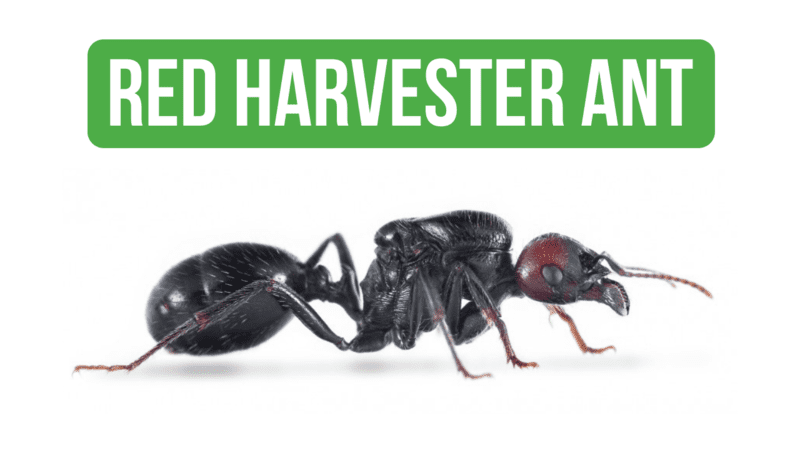
How To Care for Messor Barbarus
In this guide you will learn how to care for Messor barbarus! Temperature, humidity, food, hibernation, nest type... and much more!
Review Time!

Ant Antics Sugar Snaps Review
Today I'm going to make a short review of the sugar snaps, a very cool and useful ant keeping product made by the popular company Ant Antics!
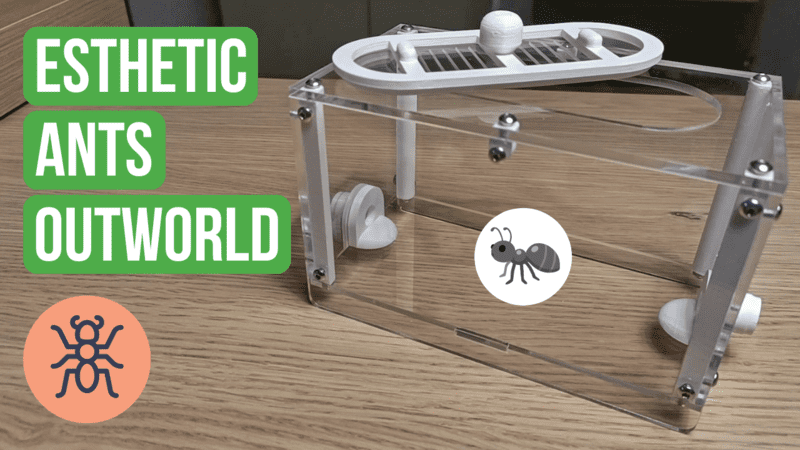
Esthetic Ants Outworld Review
Today I'm going to make a little review of an outworld made by Esthetic Ants! In this guide you will find everything you need to know!
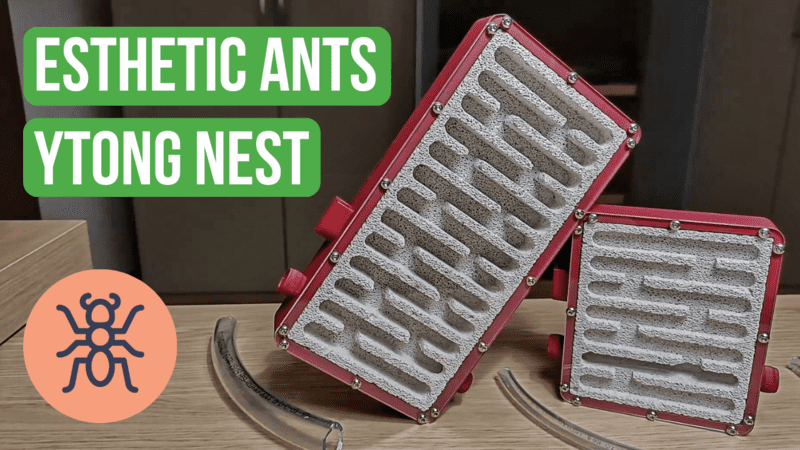
Esthetic Ants Ytong Nest Review
Today I'm going to make a little review of the new Ytong nest made by Esthetic Ants! In this guide you will find everything you need to know!
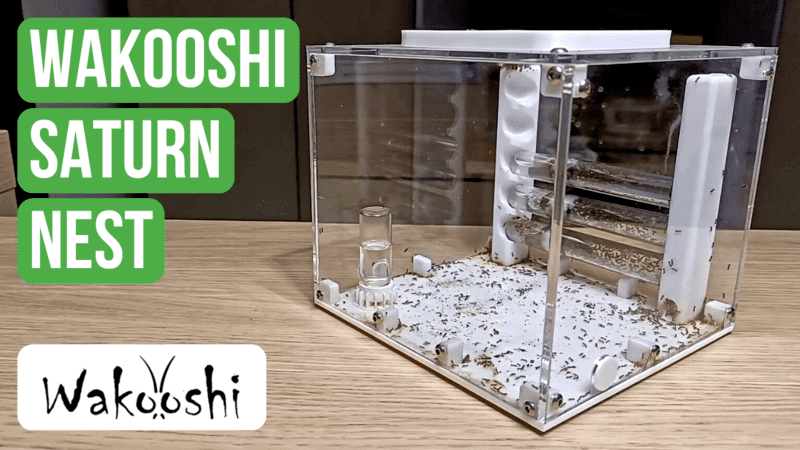
WaKooshi Saturn Nest Review
Today I'm going to make a little review of a really cool ant nest made by WaKooshi. In this guide you will find everything you need to know!
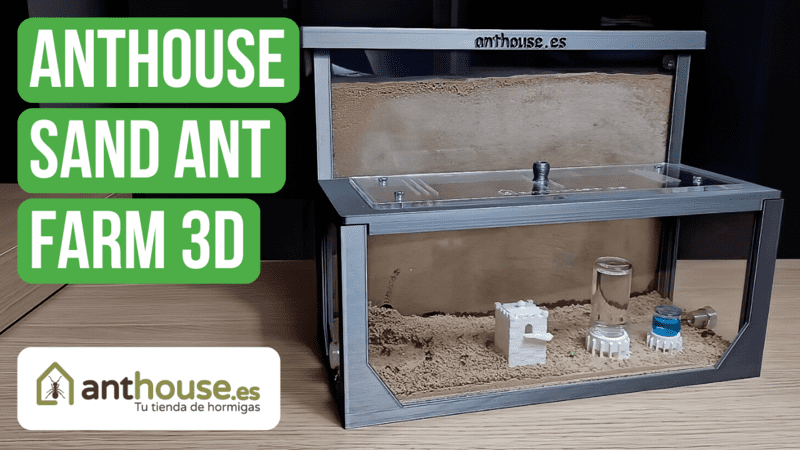
Anthouse Sand Ant Farm 3D L Review
Today I'm going to make a little review of a really cool ant nest made by Anthouse. In this guide you will find everything you need to know!
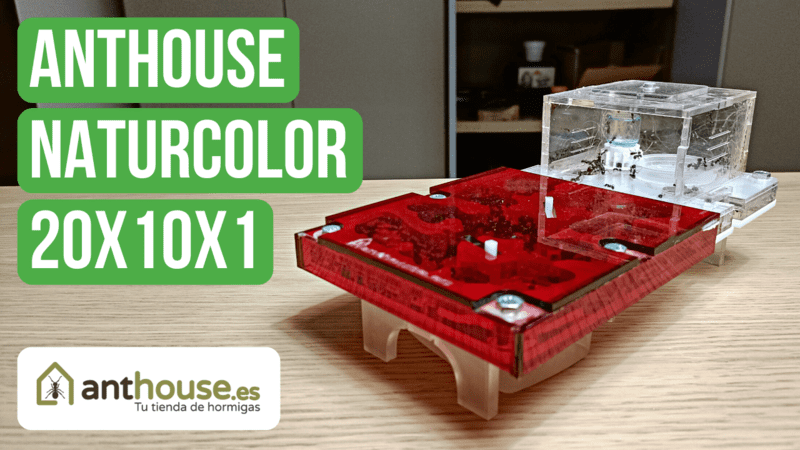
Anthouse Acrylic NaturColor 20x10x1 Nest Review
Today I'm going to make a little review of a really cool ant nest made by Anthouse. In this guide you will find everything you need to know!
Give It A Listen!
Let's Build Something!
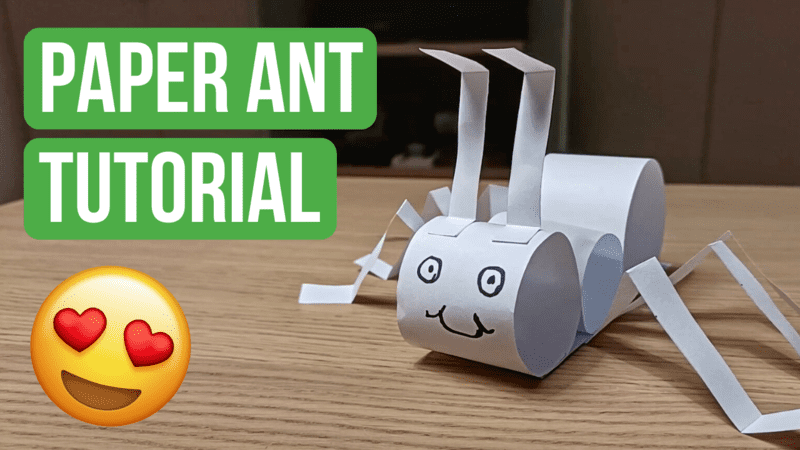
How To Make A Paper Ant - Origami Tutorial
In this guide you’re going to learn how to make an extremely cute paper ant, using materials you probably already have in your house!
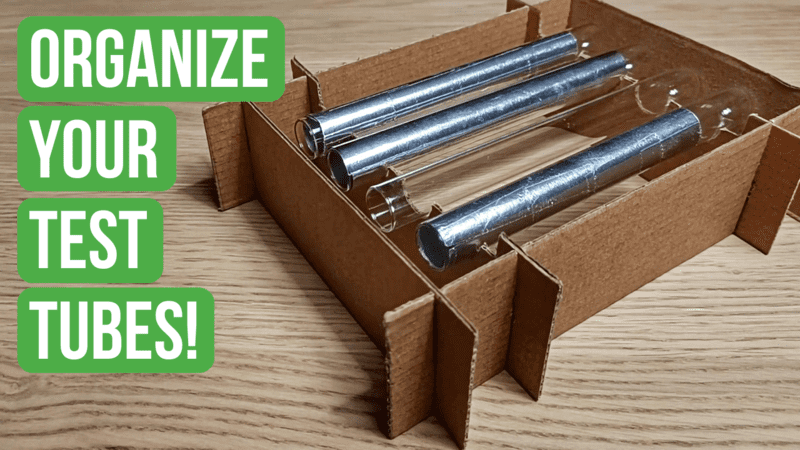
How To Make A Test Tube Holder
In this tutorial you will learn how to build a test tube setup holder, the best way to group and organize your queen ants and ant colonies!
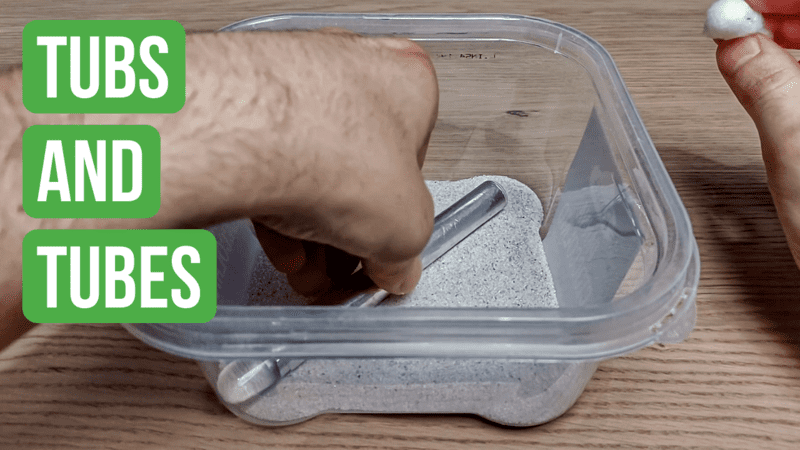
How To Make a Tubs & Tubes Setup
In this tutorial you will learn how to make a tubs and tubes setup, the best way to create the optimal environment for your queen ant!
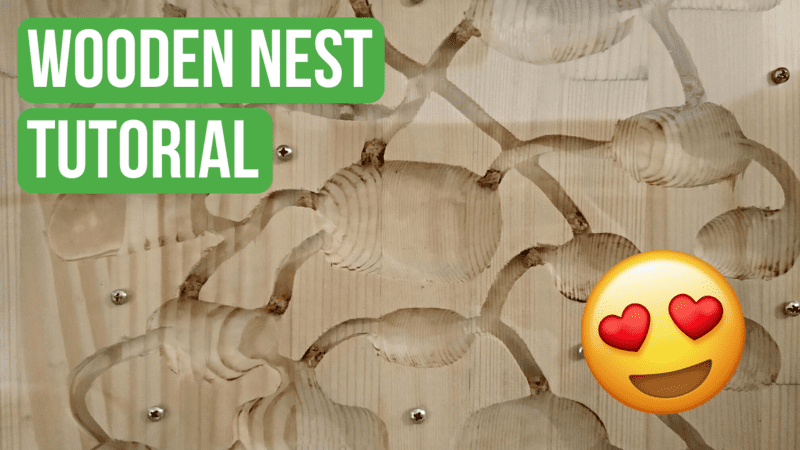
How To Make A Wooden Nest - Ant Keeping Tutorial
In this tutorial you will learn how to make a wooden nest for your ant colonies! This type of nest is perfect for species that love wood!
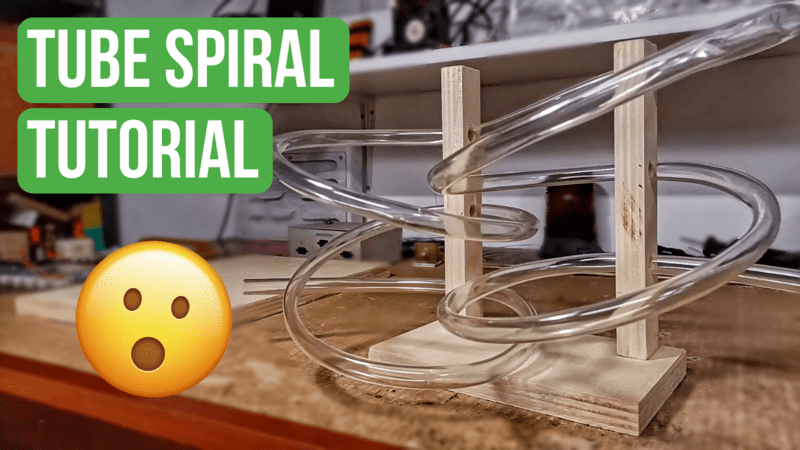
How To Make a Tube Spiral For Your Ants
In this tutorial you will learn how to make a tube spiral, a very cool and unusual way to connect an ant nest to an outworld!
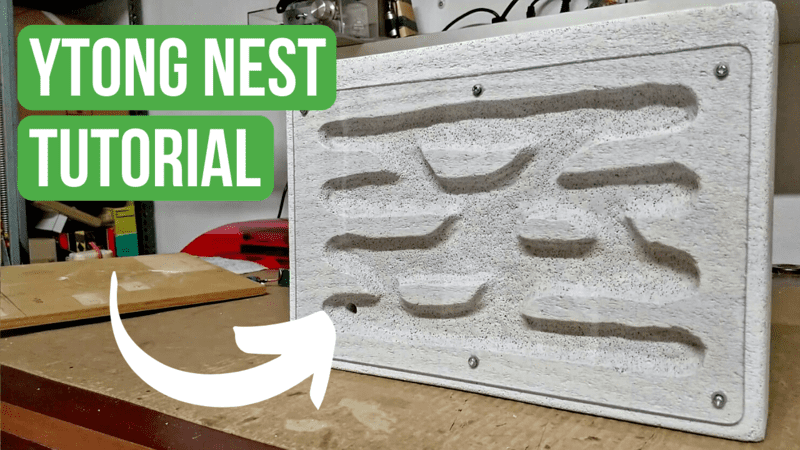
How To Make a Ytong Nest - Ant Keeping Tutorial
In this tutorial you will learn how to make a ytong nest for your ant colonies! This is one of the best nest types for a lot of ant species!
All Articles
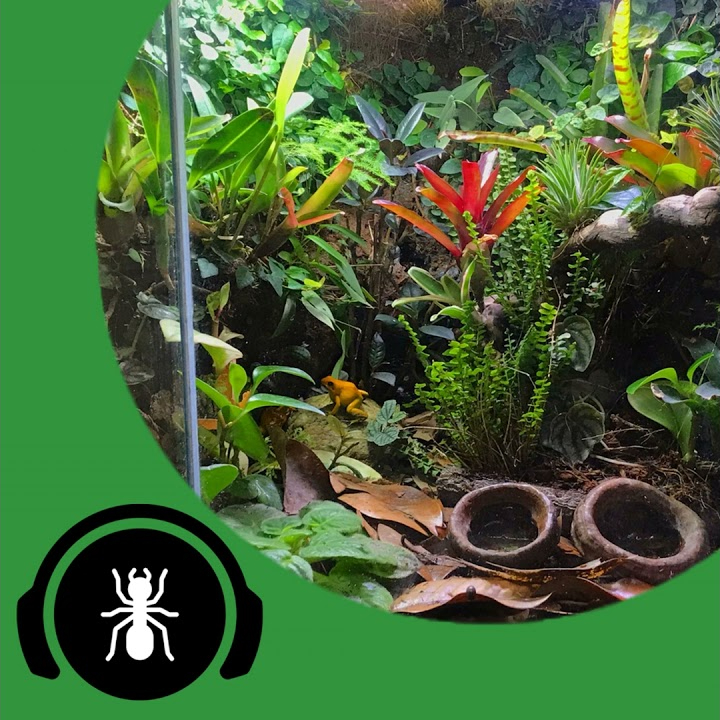
Dream Ant Nest, Setup, Room And House! - The Ant Pod
Listen to the best ant keeping podcast on the Internet: The Ant Pod! In this episode, Ant Holleufer dreams about the best ant nests!
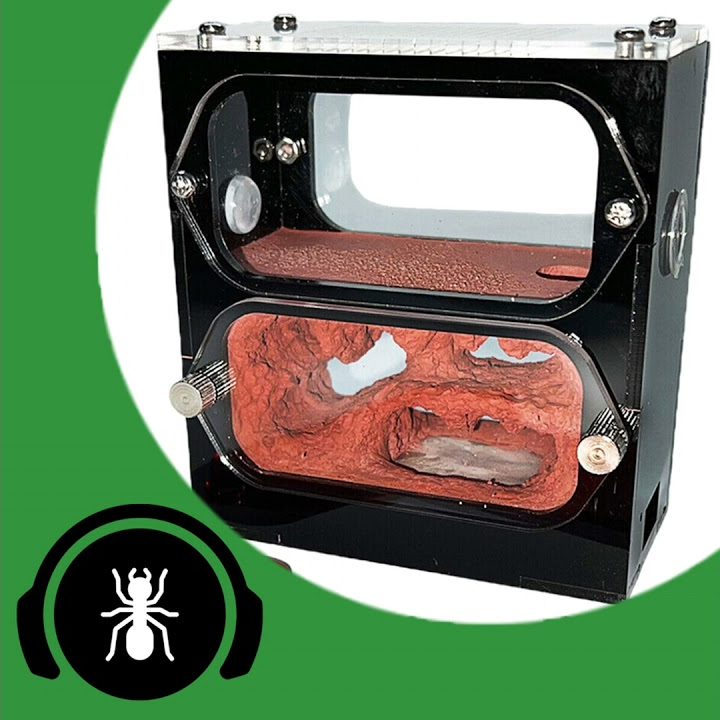
Is Ant Keeping Doomed? - The Ant Pod
Listen to the best ant keeping podcast on the Internet: The Ant Pod! In this episode, Ant Holleufer talks about the ant keeping decline!
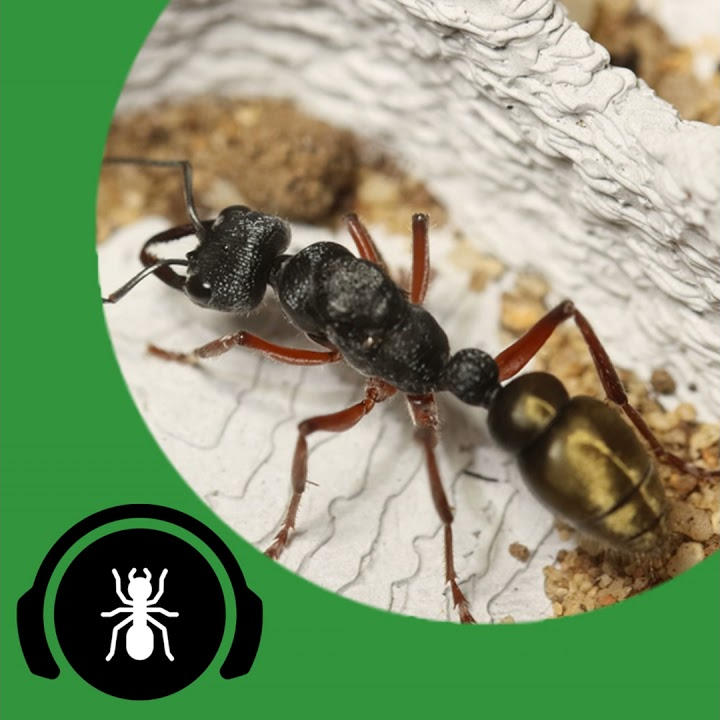
Keeping Semi-Claustral Ants - The Ant Pod
Listen to the best ant keeping podcast on the Internet: The Ant Pod! In this episode, Ant Holleufer talks about keeping semi-clustral ants!

Preparing Ants For Vacation - The Ant Pod
Listen to the best ant keeping podcast on the Internet: The Ant Pod! In this episode, Ant Holleufer talks about preparing ants for vacation!
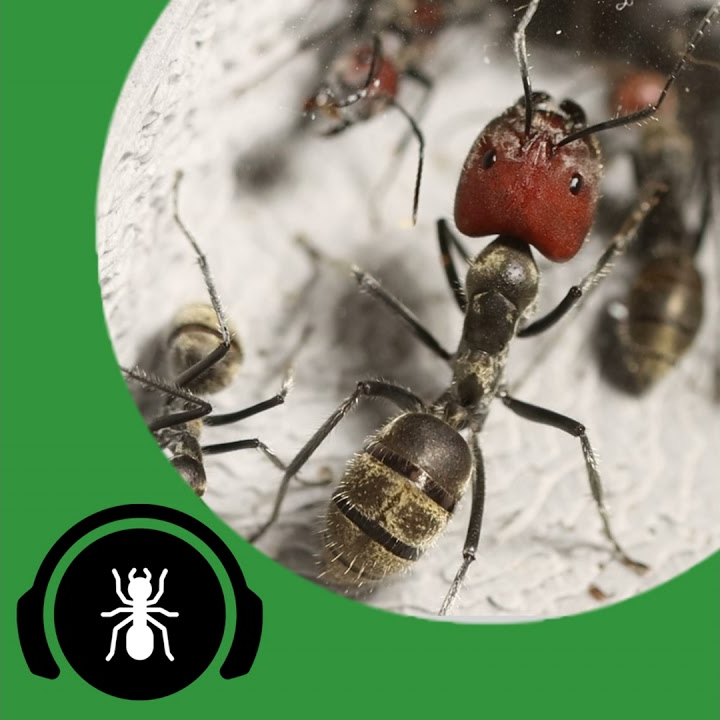
The 5 Ants You Need To Keep, From Beginner To Expert - The Ant Pod
Listen to the best ant keeping podcast on the Internet: The Ant Pod! In this episode, Ant Holleufer talks about the 5 ants you need to keep!
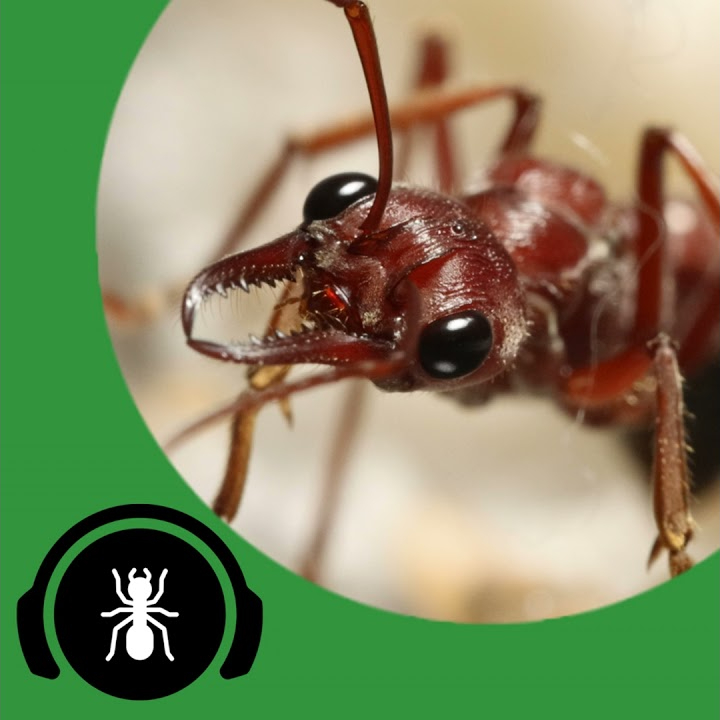
The Return Of TAP! - The Ant Pod
Listen to the best ant keeping podcast on the Internet: The Ant Pod! In this episode, Ant Holleufer talks about the return of the Ant Pod!
